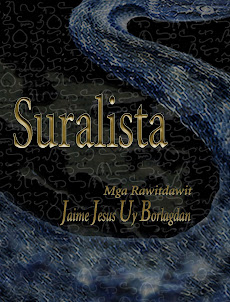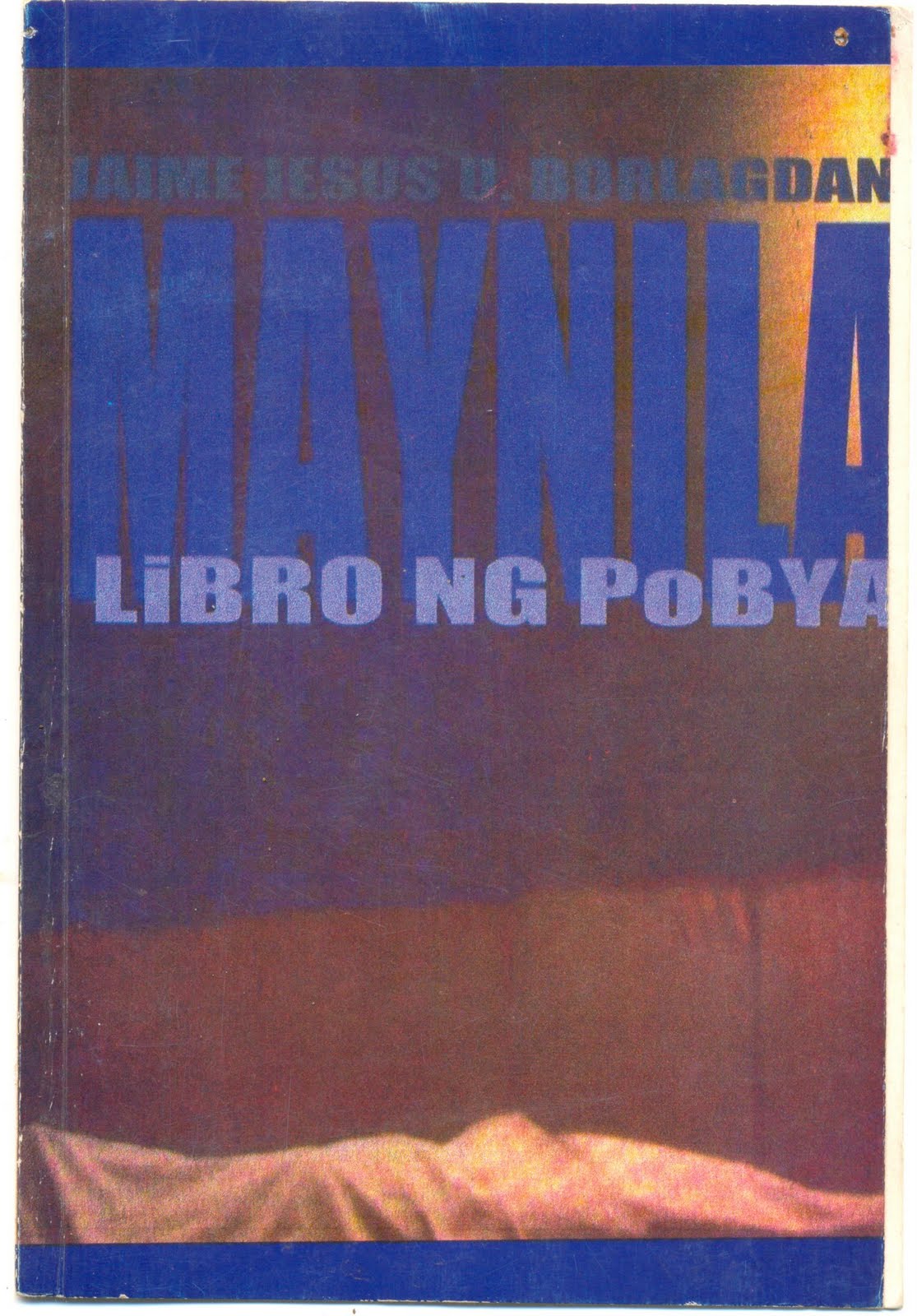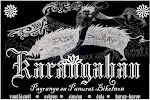Peep
I see you when you don ‘t see me
breastfull—all skin—in your bath
In your innocence, I keep you in beauty
like the gods, this window is me
becoming the swan.
And beyond your clothes
this is what you are, really—
have I known you better this way,
the Person without the lies
of clothing? God ‘s
art without the censure,
truly in the company of stars!
No
Yes, your no threads thru my within
I have inside me a heart nailed with what I am not
No, I am not what I am you think Yes I am
And suddenly it ‘s Me, suddenly
Because You are where I become with you; because
I with you is Joy to Me.
Yes, you thread thru me, needleless yes,
needless, yet you did, true, my within, thru it
wounding around, wormness.
How so without the prick
of truth, how come you did
swim your spears thru my veins?
No! I am not what I am you think Yes I am. Yet
suddenly, the skin receives its wound, suddenly
the thread without needle thru me,
is true needleness! Happening, now. How dumb?
I am not what I am in your head. Yes. My within is not torn.
My heart is not ugly, Yes my heart is clean. Yes,
your head hurts
Me too much, Now, with, your No:
No, you don ‘t like us as Us, yes ? But Yes, I told you, honest
my within is true; and now, through!
I will always be Me with myself. And I ‘m back
after you made me go
Because you called Me wrong Yes. And the universe is not happy
I am here yet you see me in your head still!
I want you in my within but you can ‘t just tell Me Yes I am!
No, I am not what I am You think I am.
No, you are wrong with your Yes.
Your Yes hurts you
and It is not even me.
Star Poem: How We Wonder What You Are
Forever Stars, how we wonder, yes:
Rockets blasted to the numberless
to catalog the last glittering anxiety
of neighboring, God, to at last
pen the period—silence, to the moaning
manuscripts from Ptolemy to Hawkins…
Point the gray thinkers to their grave
Face the universe eye-naked, wonderless mankind?
Shelf the questions of binoculars, the tears
of observatories—
Ah, Forever Stars! In a way, endless
as all gods are riddles
nourishing our tendency to look up
to something of Height.
As long as wise children sing of your twinkling, remain
yourself beneath the mist, mystify. Leave aging
to mothers now longing for fairy ignorance
as innocence dissolved by the hardening
of the unbroken wishbone.
Children
Isn’ t the greatest life to follow, children’s?
They who fear only what they don’ t see,
and everything, yes, everything is holy.
What is order to them but the unnatural
intention of afternoons to put them to sleep
and divorce them from their play.
They with the courage to fly without proving
the reality of their wings.
And after the rains, how many ships have they sailed
to the infinite, to harvest the grains of time
and stopping it in pickle jars.
Their nations depend on the trees
and on how much shade they can give.
Their wars are deathless
against the Night
and the monsters it breeds beneath the bed
The thunders, that loosen the shadows to the world
against the oppressive bars of rain
against our wills, our reasons, our alien size
They experience their God’s close
intimate as their hands
dipped on the waters of their body
And god themselves
for making the stones
speak, the dark bite
And the stars, how correct they name
the stars! Either the streetlights of heaven
or the footprints of clouds.
As Adam Is Narcissus
In love only on still waters
I turned away from my face:
Round in my eyes is a world.
Without the water, I have reflected myself
into this: You. But wrong!
for Reflection, I have neither your shapes
Nor your control
Inexact Copy, how is this so?
The thunders ripen the rain.
And they are ripe.
Then, You are the falling that rippled my pond
shattering my Other into spheres:
A sudden butterfly shooting from the gray garden
turning my head towards a yellow trail of light
From my vain mirror, away
Had my forgotten face in revenge, turned away in return?
Or resumed loving even in unrequited pain?
Only the frogs knew
Which later, when the Great Voice yawned
all dived to bury their warts into the water.
Waiting For Ronnie At A Canteen By Her BoardingHouse In Legaspi
An unspeakable philosophy of one who is breakable:
A sky is not a sky if it’ s not blue?
No, a sky is not a sky when I’ m not with you.
However, with you I am, there is no sky.
The horizons are bent in horror to another land.
Yes, they shrink until gone, away, no more, but
the air we breathe or the too few earth
beneath your feet; that becomes all.
Anything behind you is muffled,
and everything behind me forgotten,
the breathing between us, and the unhandled gaze
drains the other things.
And what does this made me, but a silver figure
in a looking glass. Testing my independence from your face
defining to defy the secret tendon that muscles our connection.
Returning, we are the original idea of how the sea
and soil crowns every division,
collapses the repel of Un-one-ing.
Like the lock blindly guessing the patterns of grip
to match the teeth of the key, no eyes
have been there, the somewhere bed
where universe and land meets.
Perhaps there is no answer. Perhaps there is no end.
To Jewel Birth-giver to Haraya
Literally a globe in your belly
I ‘ve never seen any woman so full
How many continents swallowed
with your little mouth? How many
people? How much courage to swallow
it all? All the eyes all the arms
all the testicles combined into one
curling.
How could I ever manage not to burst
from the dreadful trees into the wind
with the engine of a stork when the world
crawls out into a child.
Name
I dread to repeat how your hair
hangs before the cliff of your jaws.
As if a pilgrimage of legs
stopping to wonder
at the oceans of your neck
that even the wind has no hands
to push movement on such calm strands
such tiny longings
You deserve the words
sincere enough to echo
even just the surface
of your cheek or an example
of one fluttering moment
of your eyelid
But more offense is given
by not saying
by shutting you the windows
against the breeze that ignites
sudden comets
too sudden as smile is too sudden
or ignorance
by not letting you
know your own hair
I can ‘t call you the way the universe does
I ‘ll name you the name you call yourself
I can ‘t call you the name affection calls you
or the grasses or the streets
or your name in your sleep
or your name
I can’t love you alone
even though love forests
into a patterns of feathers
or a river untamed
I must not feel you
with feeling alone
There can ‘t be a region
in my mind where I fear you
Our distance is simple: it is immense
The number of beds between us everynight
distracts me from your little parts
I must crush you with care
until you crack into a flower
like wind, but not the wind
not its touches never again
the fragrance of its transparence
For I might just liken you again
to the silver stalks in moonlight
aligning the dew into threads
or worse the ropes of rain.
What I Mean
Hi—the rivers are pushing beneath
the crust of my bones
in secret; as tribute to Day, like to God
the untouched hymen, alone, only, always,
the giant Sampaguitas, the Dama de Noches
give off first scents, filling my hollow
eyes, my so called window with laughter
Hello, hello—the heavy feet of boys
walk to their girls, from bedroom to here,
with the moon perfect as tonight
and the walts starts at the floor of my heart
as horses emerge from the nameless forests
trampling upon the still waters without defense
How are you?—with my eyes I tried
to lift the pond from its basin,
to drown the unseen fishes
with air. But the grasses leaned
on my knees and slept, their breathing
so loud it caused my belly to rattle.
Nothing happened but night, and it was
just so silent.
Bye—somewhere embers will someday into fire turn,
and evenings will never need
stars anymore, never.
Paging A Kamia Resident
I always come here to return you
things I took everytime you leave me
by myself. Bored, I took your eyes
like picking shells trapped in the sand.
Fetching it from a distant isle
of Santan, trimmed like a cadet,
lazy to the wind, but deliciously red.
Sometimes your lips fall off like a centerfold.
Besides you do make yourself one stack of magazines
to make waiting easy, I steal it home,
group it with other articles: chapters of your hair
the feature of your forehead and the short
briefs of your nose, all compiled in a portable
memory. Although it costs me a lot of skin
to endure the warmth of your manners,
your politeness, a scalding cup of water,
I still find it very worthwhile to sit with you
as you lie you are still awake
as I pretend you are not asleep.
Full of you already, I have to give up your color
climbing over this Kamia yellow walls.
As usual you act
as if you see the wind. My pygmy Galatea, unguarded
and unawake, I gathered your falling parts
of speech in a yellow notebook, softly.
Softly as it happened yesterday.
Seeing you now, descending
dormitory stairs that shake
like the brown accordion of my knees,
full of asking, and a struggle to remember,
how could you be erased of your patterns
who had exhausted your perfume?
I will have to return
the borrowed mole too
to the white elbows of your jaw.
Ah, and peel your eyes from this morning
sky and stuff it in, back to its darkening burrows!
I Care For You
The same sadness as the armless slime
pulled to the mouth of the drain is saying
I care for you
For I care more than the soap
you rub your face with
and I’ m not your soap
I care for your hand
because it ties your hair
writes me letters. And it ‘s sand
as the fruit falling to the ground
or consumed by weather
without reaching your lips
Because I ‘m stopped to saying
I care for you
for it waves the ocean
just enough to lick
tickles on your toes.
And it seemed an empty cloud
this care, that it fills the heart
with anxiety of rain
It holds you just a little bit
to the point of tenderness
at the same time not holding
because it is a prison with bars of rain
It can ‘t really make you stay
for I know how you love rain
And that ‘s sad as the lake
who can ‘t even ripple
but just there.
From 15 Poems I
Posted by
Jai Jesus Uy Borlagdan
Monday, January 05, 2004







